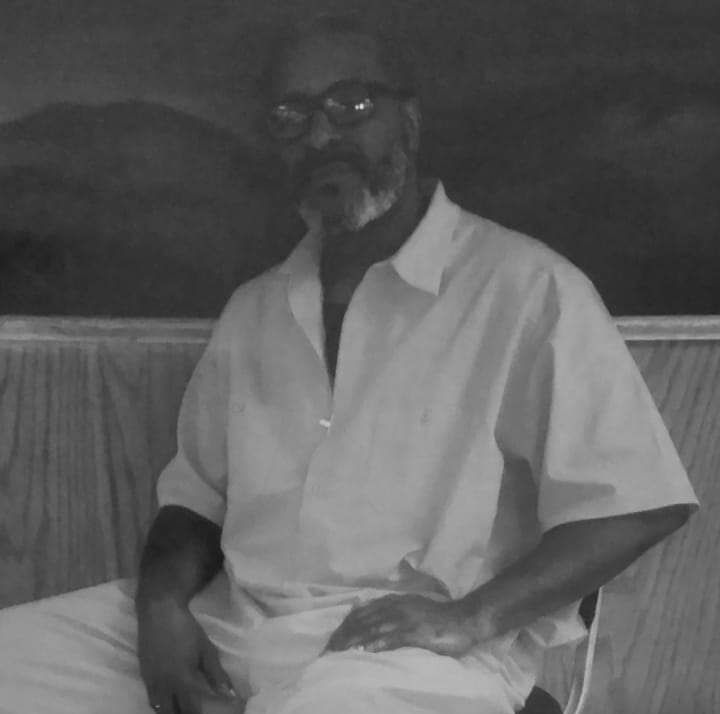The case of Marwin Battles, a Black man convicted of first-degree murder in 1991, sheds light on profound racial injustices and legal controversies that influenced his trial and sentencing. At age 22, Battles was sentenced to life without parole by a Cleveland County judge, a decision that would later be modified to life with the possibility of parole by the Oklahoma Court of Criminal Appeals.
The tragic series of events began on February 4, 1991, at the Bay Port Apartments in Norman, Oklahoma. Battles, a college athlete with a promising future, was sleeping when his apartment door was violently kicked in by 19-year-old Christopher Ellis and two others, Jeff Woods and Stuart Kaufman. The intruders, who had been engaging in a rowdy, racially charged party nearby, reportedly shouted racial slurs at Battles, who was in an interracial relationship with his white fiancée, Jennifer Maddox. During the altercation, Battles, fearing for his safety, grabbed his handgun and fired, fatally wounding Ellis.
The circumstances surrounding the intrusion and Battles’ response raised numerous questions about self-defense. However, Battles was denied a self-defense instruction in court because the second shot he fired struck Ellis as he fled the apartment, a decision that severely impacted his defense strategy. In today’s legal environment, Battles would likely not have been prosecuted, as Oklahoma now has a 'Stand Your Ground' law that permits individuals to defend themselves in their homes without the duty to retreat. However, this law was not in effect in 1991.
Battles’ case also highlighted troubling incidents of racial harassment and bias he endured prior to the shooting. In the months leading up to the incident, Battles’ apartment was defaced with racial slurs smeared in feces, allegedly due to disapproval of his interracial relationship. Additionally, evidence of this harassment was presented during the trial, yet Battles’ pleas for justice seemed to go unheard.
The racial biases extended beyond the events leading up to the shooting. Years earlier, as a juvenile, Battles had been involved in a lawsuit against the City of Norman after a police officer, who later became the lead detective in his murder case, allegedly placed a gun to his head while he was handcuffed. The lawsuit was settled out of court, and that same officer’s involvement in the murder investigation raised significant concerns about impartiality.
Further compounding matters, the trial judge, Patricia Herron, had previously represented the City of Norman in the civil lawsuit filed by Battles’ mother. Herron declined to recuse herself from Battles’ murder trial, creating a potential conflict of interest that cast a shadow over the judicial proceedings.
On appeal, the Oklahoma Court of Criminal Appeals recognized these troubling factors, describing the environment surrounding the incident as a “lynch-mob type setting.” They also noted the racial motivation behind the intrusion. Acknowledging the cumulative impact of these injustices, the court modified Battles' sentence from life without parole to life with the possibility of parole.
Prisoner advocacy groups, including Sarah DeArmond’s 'Voiceless Behind Bars' and Injustice Spotlight, have taken a strong interest in Marwin Battles' case. These organizations are actively working to raise awareness about the racial injustices and legal missteps that have affected his life. They are committed to fighting for his release and will continue to advocate for him until justice is fully served. Through their efforts, Battles' case has gained national attention, highlighting the importance of addressing racial inequality in the criminal justice system. Listen to Sarah DeArmond's interview with Marwin Battles.
Despite the appellate court’s recognition of racial biases and the mob-like intimidation Battles faced, the two other intruders, Woods and Kaufman, were never charged. Battles has now served 33 years, facing life in prison for defending himself in a situation where his life was in danger.
The story of Marwin Battles serves as a powerful reminder of the racial disparities and legal obstacles that individuals from marginalized communities often confront in the criminal justice system. His case has sparked ongoing discussions about the need for reforms, particularly in Oklahoma, where Stand Your Ground laws now provide protections that were unavailable to Battles during his trial.
